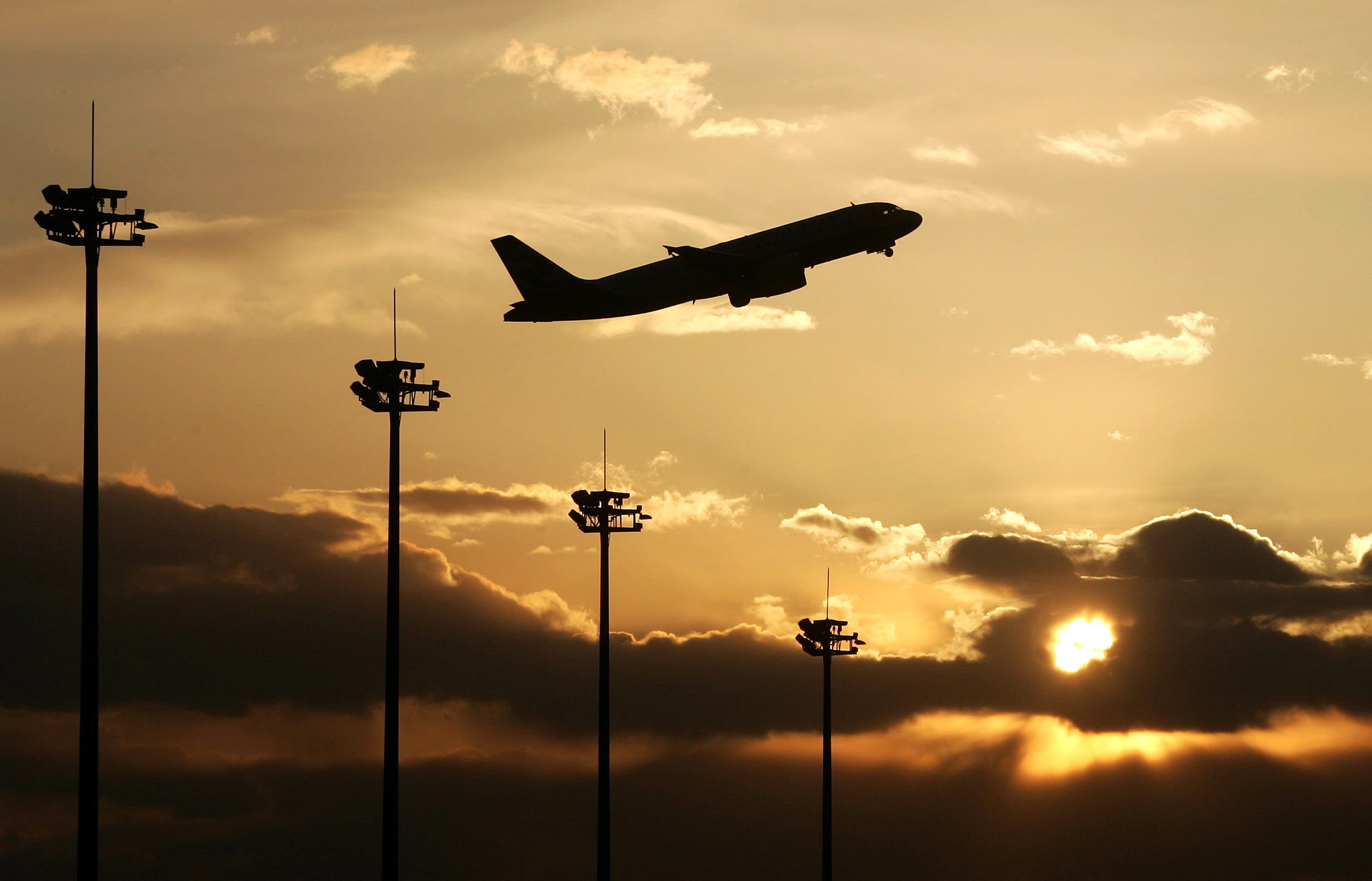How to beat jetlag: New app models sunlight patterns to sync your circadian rhythm
Travelling internationally disrupts our circadian rhythm by exposing our body to unexpected sunlight - this new app caculates how much light you need

Your support helps us to tell the story
From reproductive rights to climate change to Big Tech, The Independent is on the ground when the story is developing. Whether it's investigating the financials of Elon Musk's pro-Trump PAC or producing our latest documentary, 'The A Word', which shines a light on the American women fighting for reproductive rights, we know how important it is to parse out the facts from the messaging.
At such a critical moment in US history, we need reporters on the ground. Your donation allows us to keep sending journalists to speak to both sides of the story.
The Independent is trusted by Americans across the entire political spectrum. And unlike many other quality news outlets, we choose not to lock Americans out of our reporting and analysis with paywalls. We believe quality journalism should be available to everyone, paid for by those who can afford it.
Your support makes all the difference.A new app that uses mathematical models to help overcome jetlag by telling you when to sleep and how long for is set to see globetrotters the world over rejoice (after a good night's sleep).
Currently it can take up to 13 days to get into sync with a new time zone but mathematicians from the University of Michigan have created an algorithm that calculates the hours of sleep and exposure to daylight necessary for travellers to acclimatise in just 48 hours.
Jetlag is the often debilitating result of breaking our “circadian rhythm” – the natural body clock that tells us when to sleep and when to wake. Travelling several thousand miles violently disrupts a pattern that from an evolutionary perspective has never been broken at all.
Scientists have been aware for some time that exposure to light warps the body’s sense of time and confuses its circadian cycle, likening it to having every clock in your house set to a different time.
Overcoming jetlag is about returning to a rhythm that our bodies can understand, or if possible, preventing too much deviation before the jetlag can worsen.
The mathematicians from Michigan developed a model capable of evaluating different scenarios to determine how our bodies react when thrown out of rhythm and how it can be remedied.
Their tests, published in the journal PLOS Computational Biology, found that in order to restore individuals' circadian rhythm, periods of light and dark need to be simulated to trick the body clock.
Daniel Forger, a mathematical biologist at the University of Michigan, told Scientific American that the solution was actually simpler than they expected: “We thought the answer would be extremely complicated: At 3:40, you need to get this much light, and at this time, you need to get this much."
Another student, Olivia Walch, then synthesised these results into an app known as “Entrain” which has red eyed passengers sleeping properly within two days and fully recovered in four.
Users of Entrain enter their ordinary sleeping hours and where they will be travelling to. The app then produces a unique, real time schedule to follow to limit and repair disruptions to their biological clock.
Join our commenting forum
Join thought-provoking conversations, follow other Independent readers and see their replies
Comments